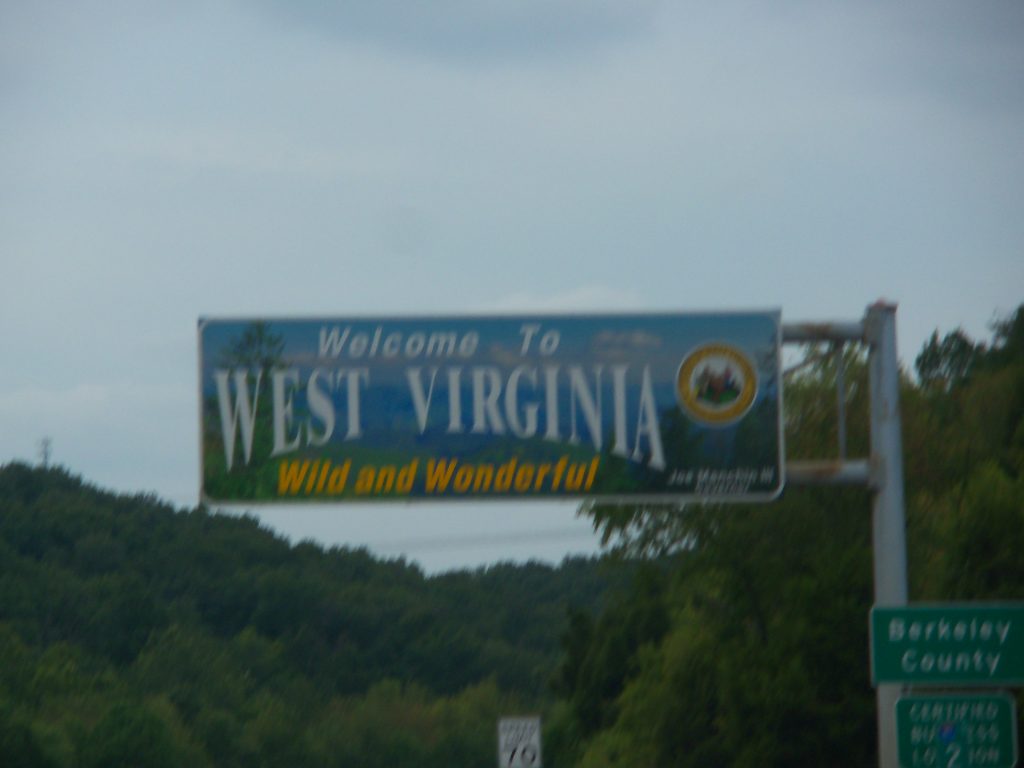Wild and Wonderful.
Friday, 17 November 2023
But Paul said, “I am a Jew from Tarsus, in Cilicia, a citizen of no mean city; and I implore you, permit me to speak to the people.” Acts 21:39
Note: You can listen to today’s commentary courtesy of our friends at “Bible in Ten” podcast. (Click Here to listen)
You can also read this commentary, with music, courtesy of our friends at “Discern the Bible” on YouTube. (Click Here to listen), or at Rumble (Click Here to listen).
More precisely, the verse reads, “And Paul said, indeed, I am a man, a Jew of Tarsus of Cilicia – not an insignificant city. And I beg you, allow me to speak to the people” (CG).
In the previous verse, the Roman commander had asked Paul if he wasn’t the Egyptian who had stirred up a rebellion among the people and who led four thousand Sicarii into the wilderness. In response to that, it next says, “And Paul said, indeed, I am a man, a Jew.”
Where the man just referred to was clearly an Egyptian who led Jews, Paul is a Jew who was being persecuted by Jews. He is contrasting himself to the Egyptian. The intent is surely to reveal to the commander that there was more hanky-panky going on than first met the eye. With that, he continues identifying himself, saying, “of Tarsus of Cilicia.”
This is the second and last time that Tarsus is identified this way. The first was in Acts 9:11. Being from Tarsus meant that he was a part of the dispersion. Thus, he would be familiar with the way Gentiles lived. He would also more than likely speak several languages and dialects (see 1 Corinthians 14:18), including the Greek he is now conversing in.
The particular spelling of the name in Greek is Tarseus. It is also called Tarsus in Acts 9:30, 11:25, and 22:3. James Strong speculates that the name comes from tarsos, meaning a flat basket. If so, it may reflect the layout of the city. It is one of the longest continually inhabited cities in the world.
Paul came from the opposite direction of Egypt, and he claimed to be a citizen from Tarsus. If he was found lying, it would only make it worse on him. Hence, there was every reason to believe him. Paul next notes that Tarsus is “not an insignificant city.”
The Greek word used to describe it is asémos. It means “undistinguished.” Vincent’s Word Studies says –
“…without a mark or token (σῆμα [sema]). Hence used of uncoined gold or silver: of oracles which give no intelligible response: of inarticulate voices: of disease without distinctive symptoms. Generally, as here, undistinguished, mean. There is a conscious feeling of patriotism in Paul’s expression.”
Ellicott further notes, “In addition to all its fame for culture, the town of Tarsus bore on its coins the word METROPOLIS-AUTONOMOS (Independent).”
Having confirmed his identity, thus demonstrating that he was not a rabble-rouser, he then makes a formal request to speak to the people, saying, “And I beg you, allow me to speak to the people.”
It is a formal request to the man who could allow it to be realized. His boldness in asking demonstrates that he was hoping it would make a difference in the outcome of the situation. Being a Jew and also not an instigator, then he must want to make a defense against their treatment of him.
Life application: As Paul does elsewhere, he appeals to his cultural and national identity. He was willing to work within the framework of the society in which he lived, using his particular identity for the benefit of himself and the ministry.
This is completely the opposite of how many cults and sects treat the national identity they possess. They shun participating in various aspects of society that affect them while actively participating in others. They claim they are not of this world, completely abusing the intent of Jesus’ words, in order to not participate. At the same time, they have driver’s licenses, registered marriages, and (you betcha they do) pay taxes, claiming it is right and responsible to do so.
And yet, they refuse to vote, engage in politics, participate in other cultural events, etc. It is a failed “pick and choose” type of lifestyle that harms the very goals they set forth for themselves in the country in which they live. This is completely the opposite of the biblical model found in both testaments of Scripture.
Don’t hesitate to participate. Your failure to do so may result in the loss of rights you possess or in harm to others (such as the Jews during Nazi Germany). You have a voice as a citizen of your nation. Use it.
Lord God, we are citizens of heaven because of Jesus, but we are also living out earthly lives in the lands which You have ordained for us. May we be responsible citizens of both as we await our departure from here and the trip to our final, heavenly, home with You. Help us in this. Amen.

